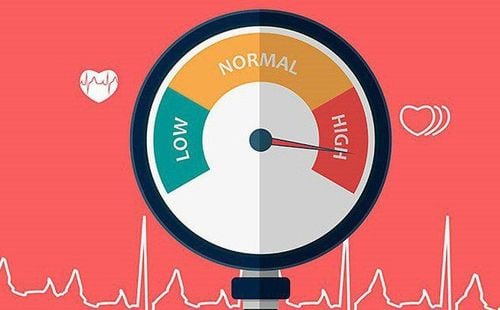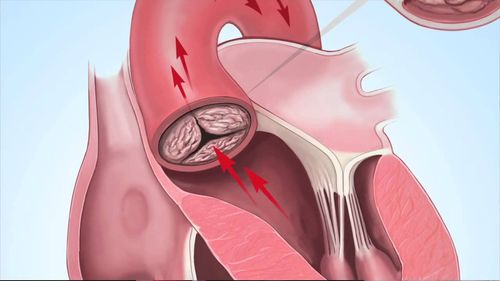Nội dung bạn đang tìm kiếm không có phiên bản tiếng Việt.
Vui lòng chọn tiếp tục để xem nội dung tiếng Anh hoặc đi đến trang chủ Tiếng Việt.
Rất xin lỗi về sự bất tiện này.

Home
Tag Adenocarcinoma
Articles in Adenocarcinoma

What is the life expectancy for patients with esophageal cancer?
Esophageal cancer is a malignant disease with a high risk of death because it is often diagnosed at later stages. However, if detected early, the 5-year survival rate is greatly improved. If you wonder how long a patient with esophageal cancer can live, please read the information below.
Xem thêm














